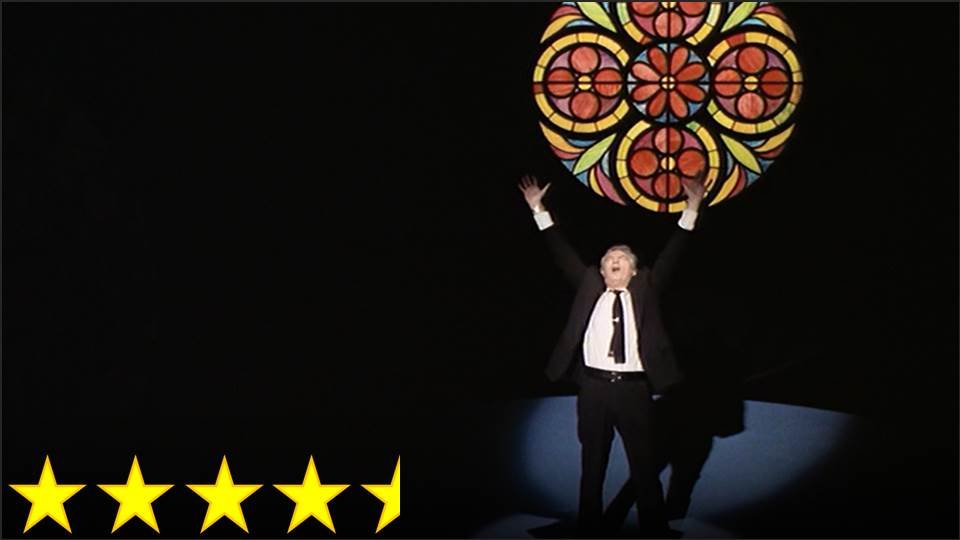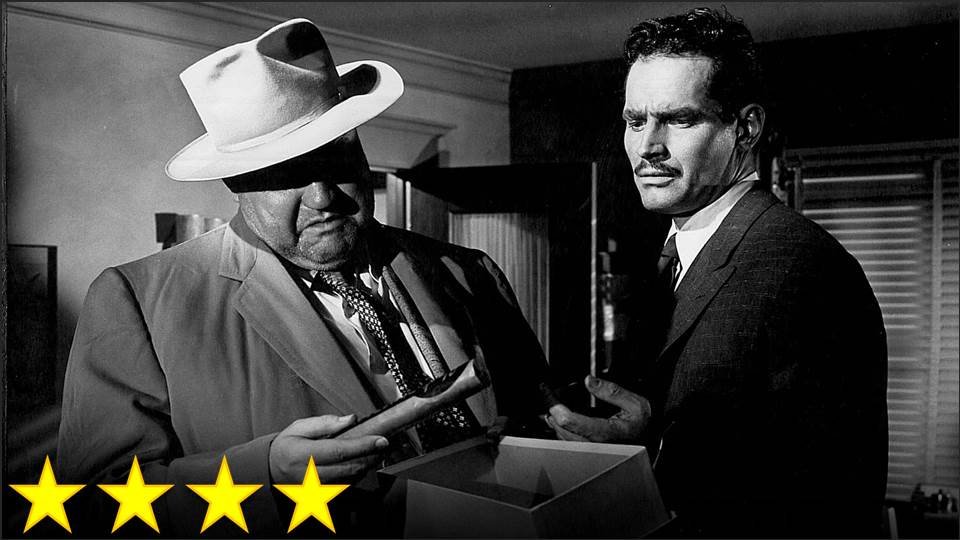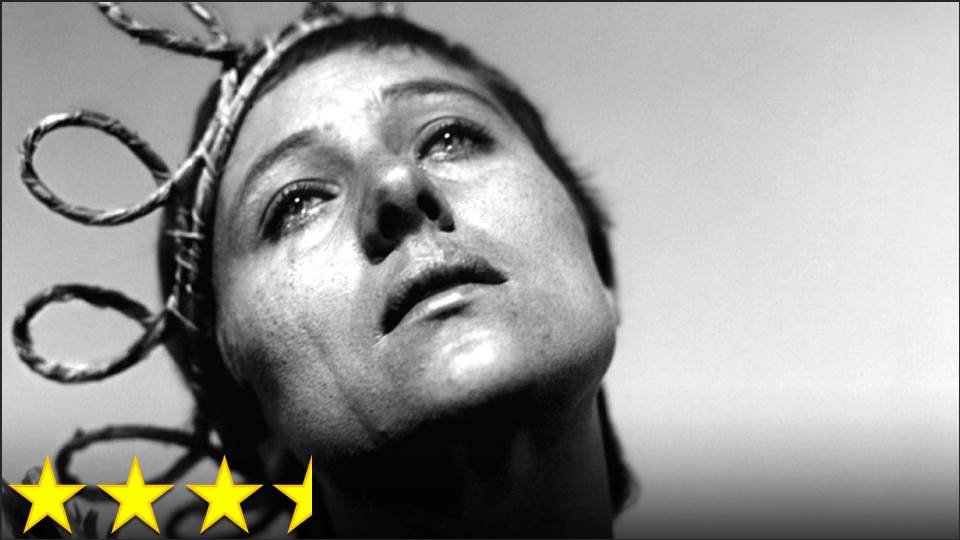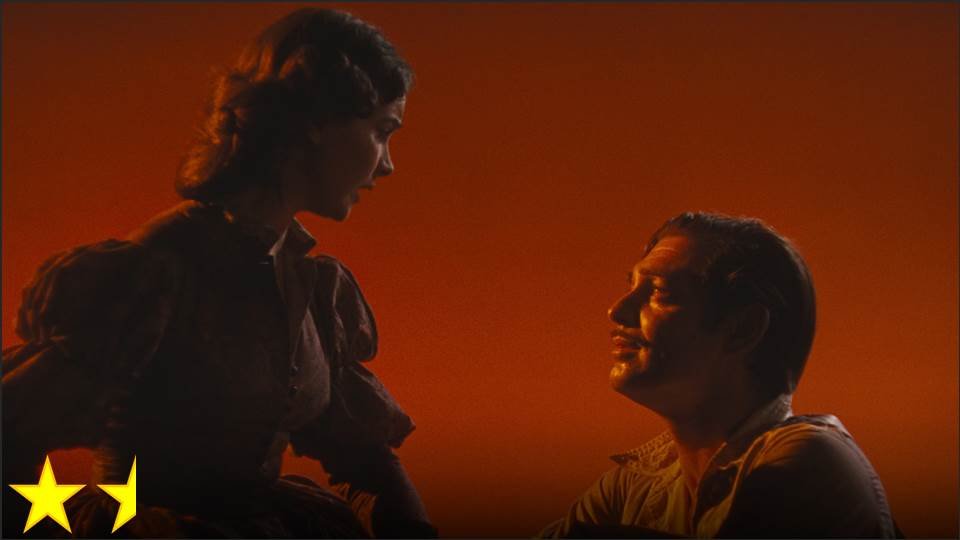For those of us who didn’t grow up in the 1980s, it can be very difficult to imagine a time when Billy Crystal was young, handsome, and a viable romantic lead. He seems like such a comic figure that it would be impossible for him to play a character with a lot of heart, and yet he’s perfectly cast in this film. He fits into the character type of the street-wise all-American wise-cracker who never knows when to quit and who lives for the tickle of the feathers he ruffles. Meg Ryan, by contrast, is the Bert to his Ernie – the straight man who lives a very orderly and particular life and must see to it that everything is precisely as it ought to be. The idea of taking this kind of duo and watching it develop into a romance may not be entirely original to When Harry Met Sally, but this film does it especially well.
Perhaps the better pairing in the film, however, is not a couple of characters, but a duo behind the camera – Nora Ephron and Rob Reiner. By this point in his career, Reiner had demonstrated that he could do comedies that were fairly brutal (This Is Spinal Tap) and love stories that had just the right amount of heart in just the right places (The Princess Bride). Ephron, on the other hand, seemed to be best at making films in this particular genre with this particular sentiment, saturating her scripts in nostalgia and seeking out a way to keep the magic of Classical Hollywood believable in an age of cynicism. Consequently, the two forces put together inevitably resulted in a film that has lots of laughs and lots of heart, never going too far with either. Roger Ebert rightly noted that it has a resemblance to Woody Allen films, which largely has to do with the excellent choices of old jazz standards. The structure of the film is rather unconventional and artistic in a way, which I attribute to the clever craftsmanship of these two creative forces.
I’ll concede that it took me a long time to finish the movie – I frequently took breaks from it for days and I rarely felt the compulsion to find out what happened next (which I blame on the story’s predictability) – but it was worth it to finish it. It’s simply a pretty package of pure charm.





